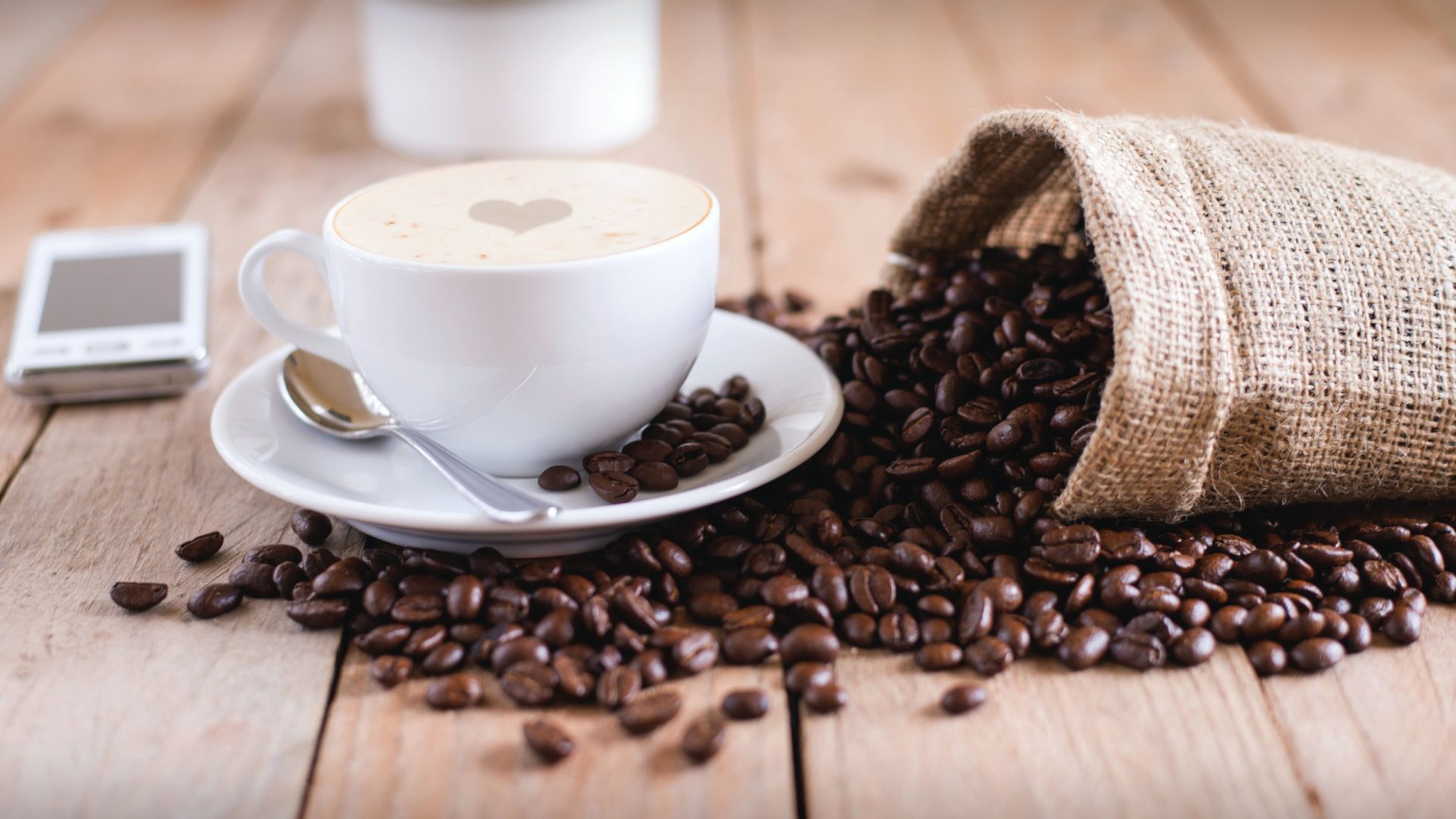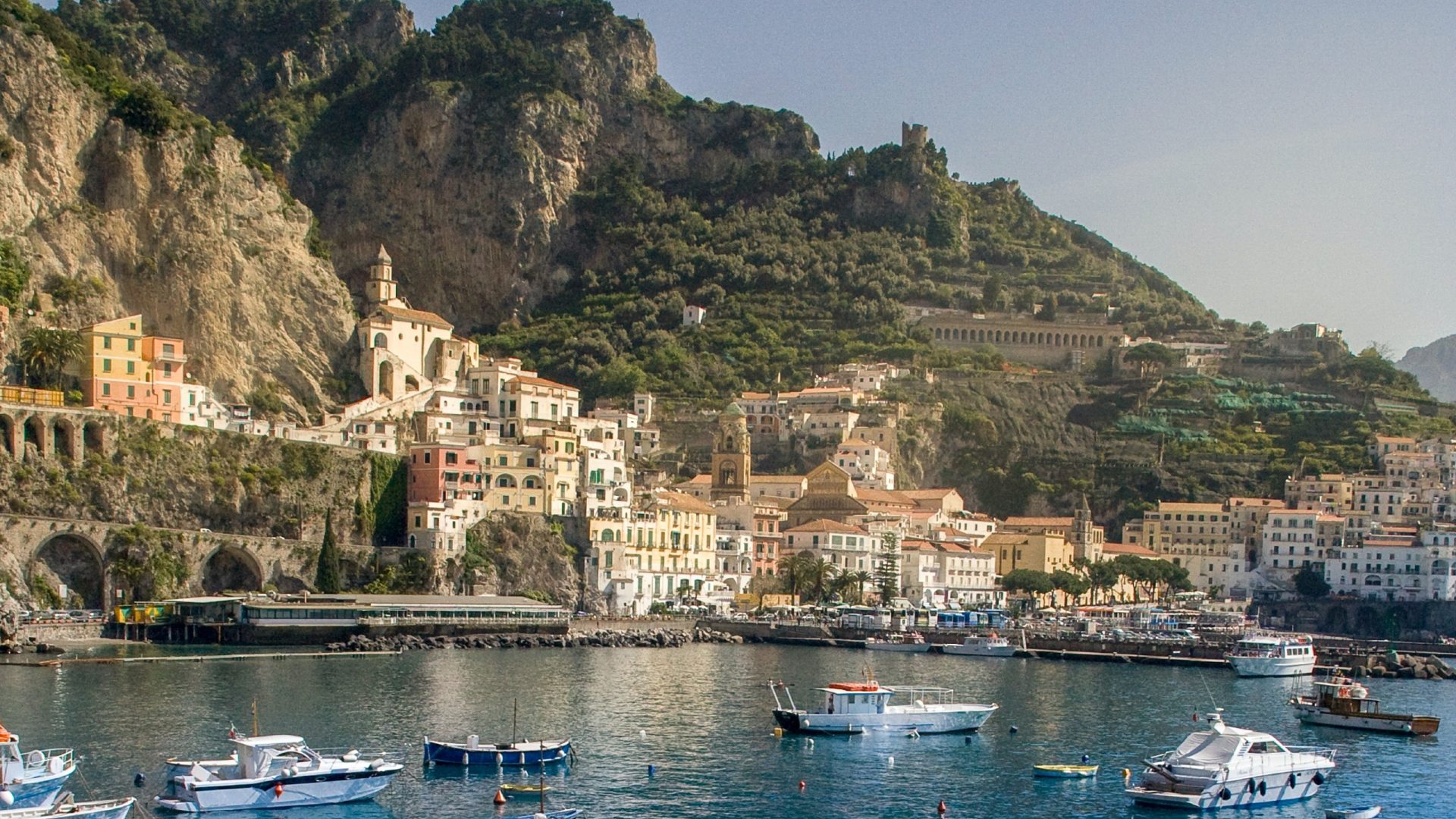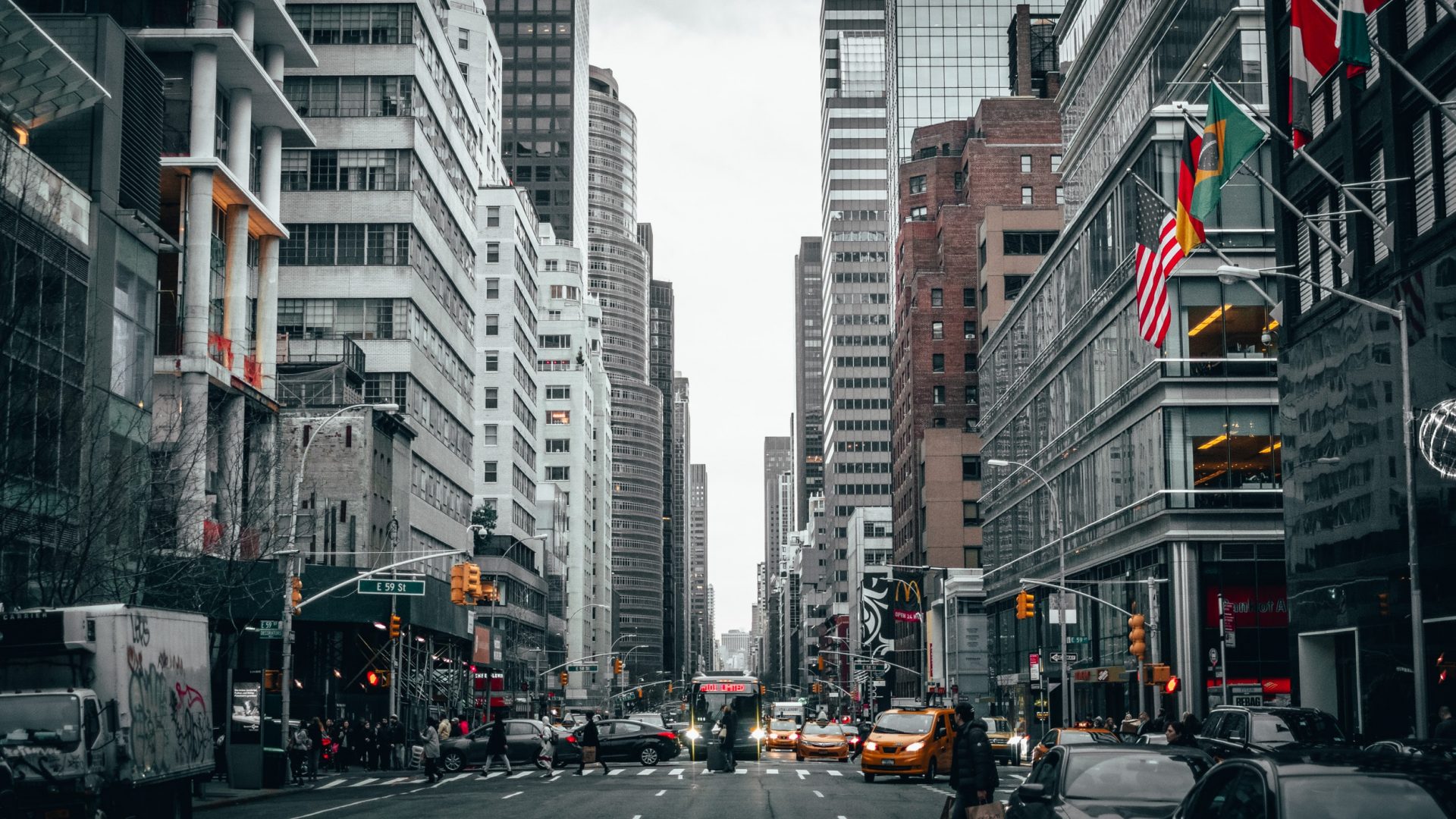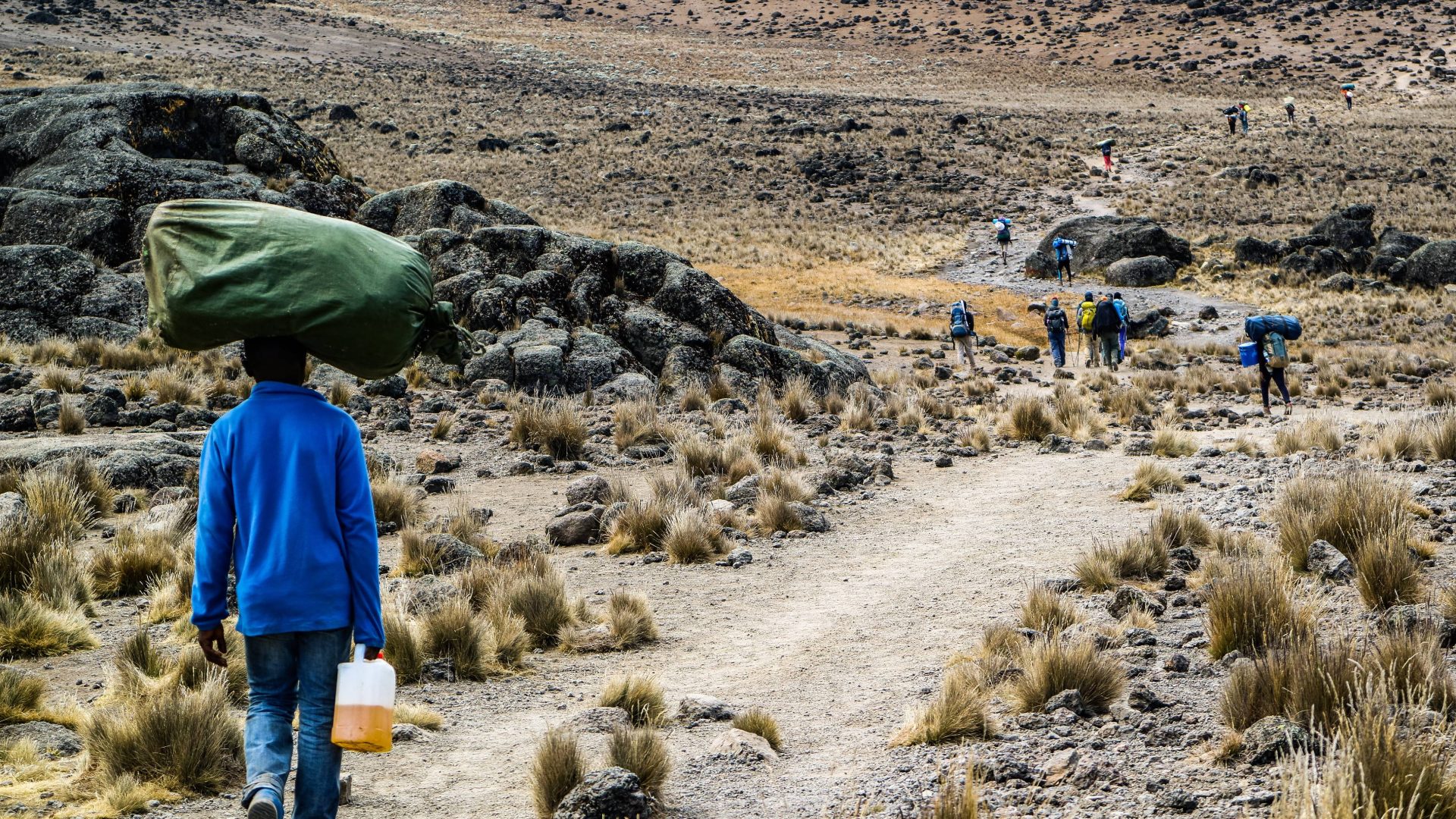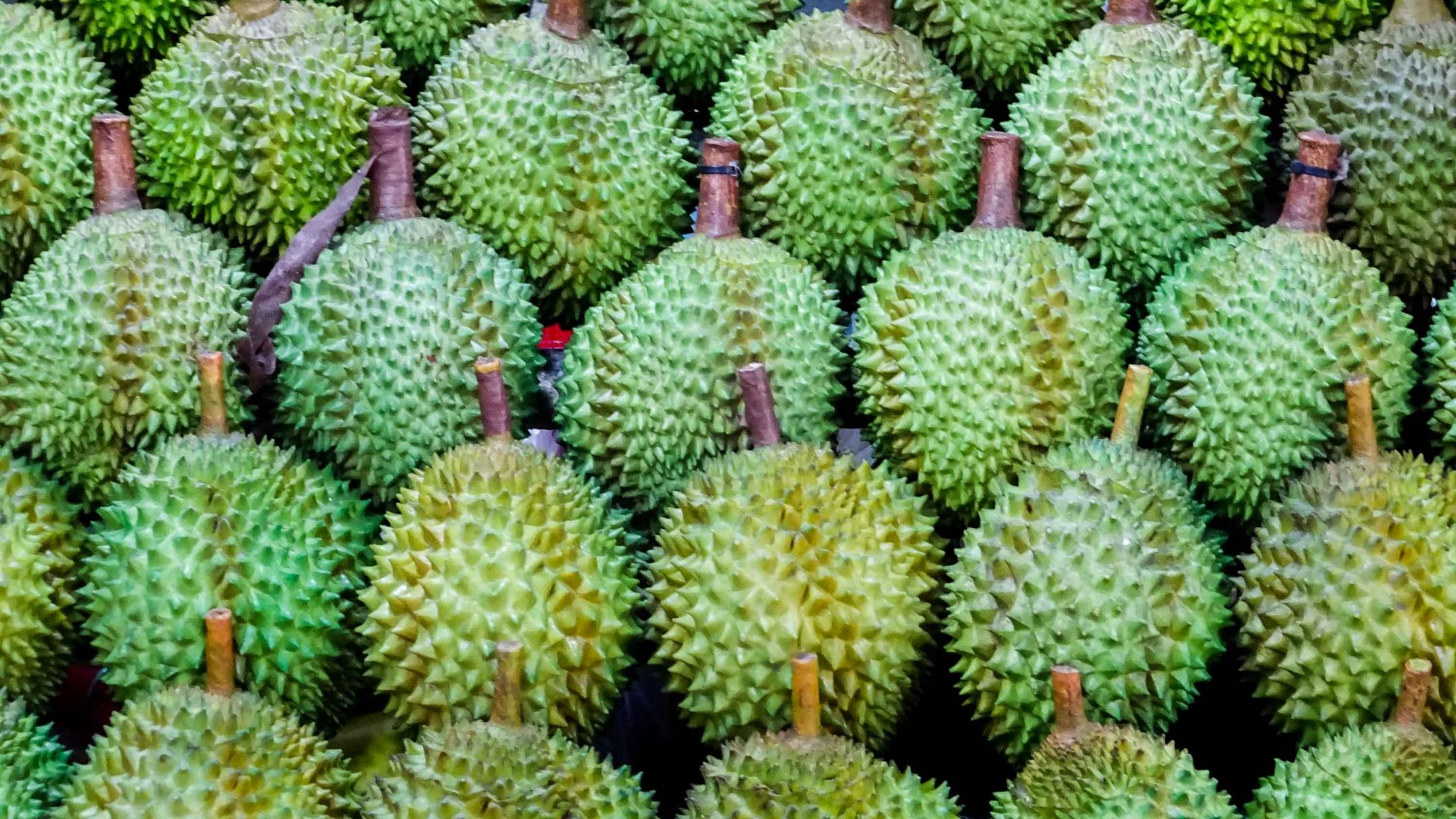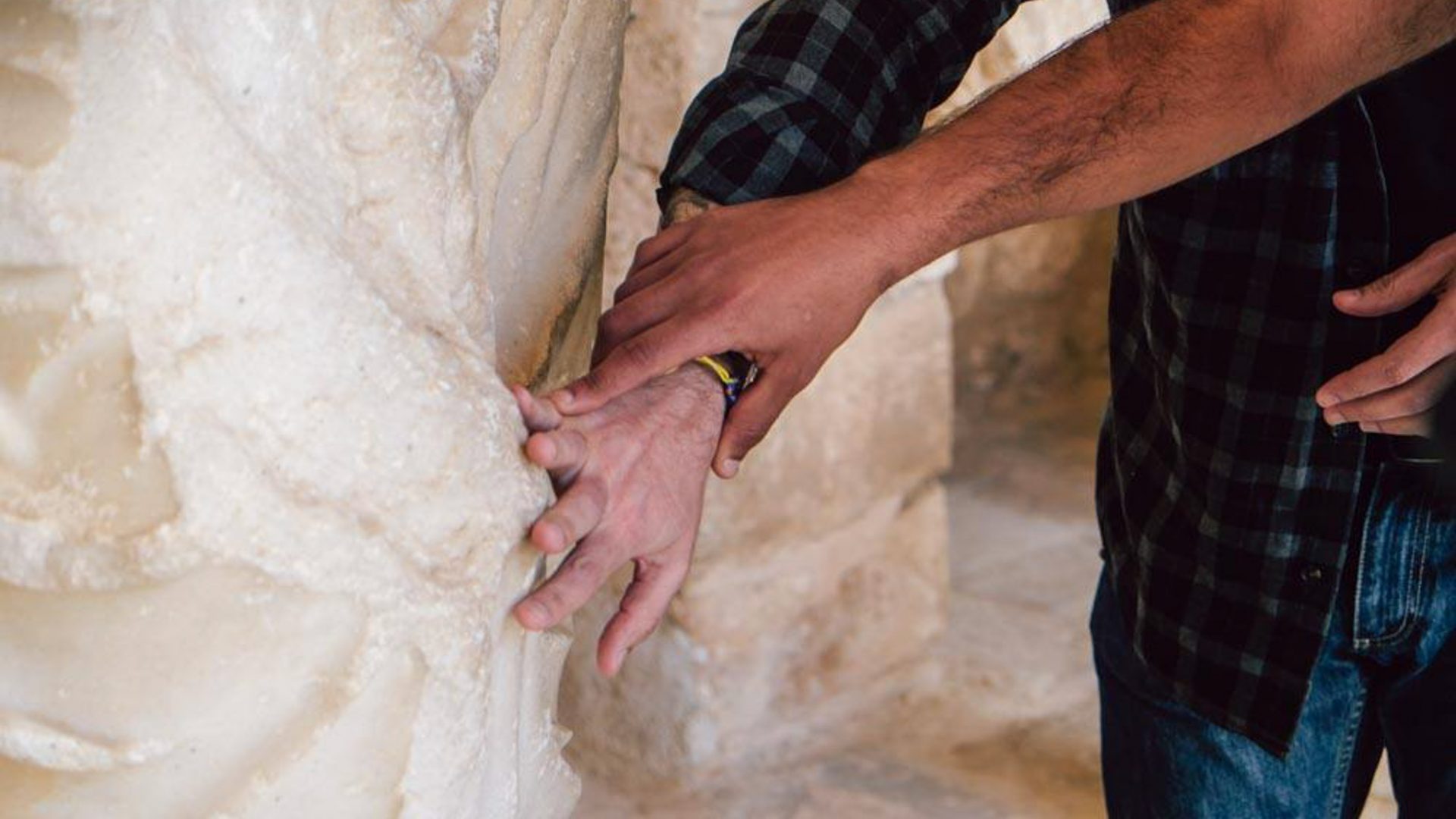Smell can also be used to influence customers’ behaviour. For example, there are studies that show that those same warm scents can reduce people’s calorie consumption. Perhaps surprisingly, it seems the more we are exposed to the aromas of sweet treats like chocolate and cookies, the less likely we are to want to eat them. In a hotel or spa, this could potentially be used to nudge tourists towards healthier food choices.
Studies have also shown that the smell of coffee makes people feel more energetic and alert, mimicking the actual effects of consuming caffeine. Hotels and airports could explore using coffee scents in business centres and conference rooms, potentially to improve the cognitive performance of business travellers.
There might also be benefits for airlines dealing with tired passengers. A coffee scent emitted at the end of a long-haul flight might energise passengers, ultimately leading to a better travelling experience and a more positive opinion of the airline.
Those customer opinions matter a great deal for an industry that has been so badly hit by COVID. As tour operators seek to entice travellers back onto planes and into foreign countries, they need to find new ways to stand out.
For many of those customers, the desire to travel will already be strong. In a digital world, our ever-dominant screens have come to prioritise the visual and auditory senses at the expense of touch and smell. The pandemic exacerbated this situation with its limits on movement and social interaction.
Away from those screens, travel retains the potential to deliver valuable and invigorating multi-sensory experiences. Tapping into our sense of smell and recognising its impact on perceptions and behaviour brings huge opportunities for the industry to come up smelling of roses.
—-
This article is republished from The Conversation under a Creative Commons license. Read the original article.



